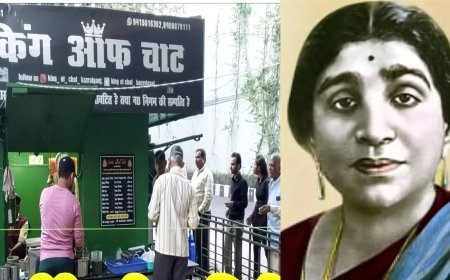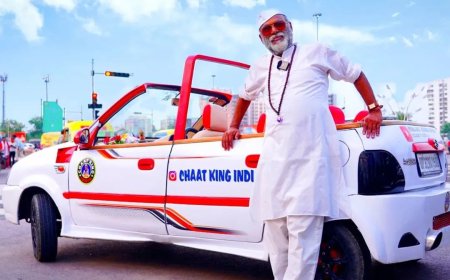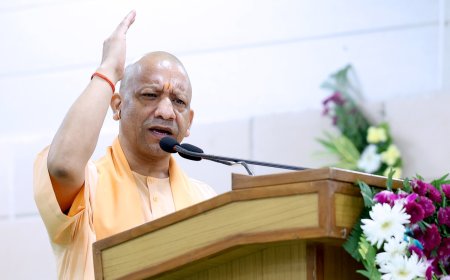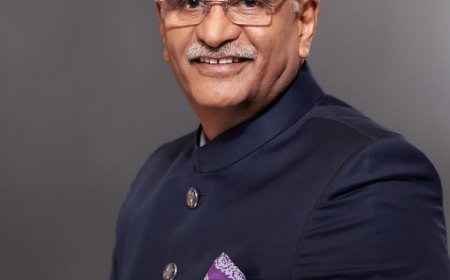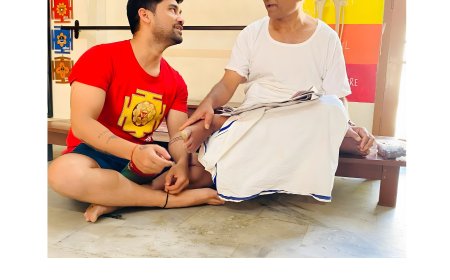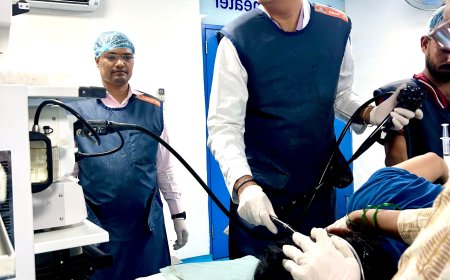The Nation Mourns the Ahmedabad–London Air India Tragedy
The Nation Mourns the Ahmedabad–London Air India Tragedy
Dr.Abhishek Shukla
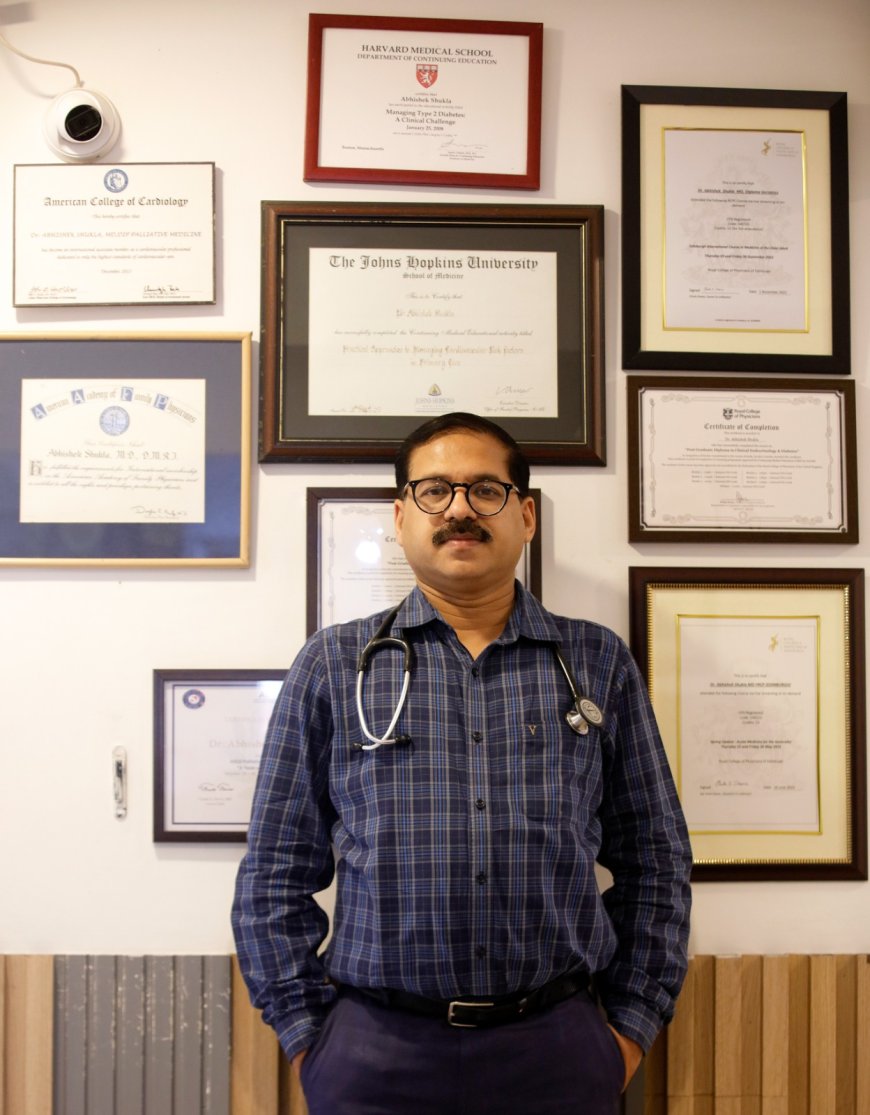
What was meant to be a smooth transcontinental journey ended in smoldering wreckage, grief, and a nation in mourning. On June 12, 2025, Air India Flight AI-171, a Boeing 787 Dreamliner flying from Ahmedabad to London Gatwick, crashed moments after takeoff, claiming over 280 lives, a disaster that shook the country, the medical community, and the aviation world alike.
The flight took off at 1:38 p.m. IST under clear skies. Within seconds, distress signals were issued. The aircraft failed to gain sufficient altitude and crashed into the B.J. Medical College campus in Ahmedabad, specifically into one of the student hostels, causing devastation not only on board but also on the ground. Among those killed were not only passengers and crew but also young students, hospital staff, and local residents. The lone survivor, a 24-year-old man from Leicester, managed to crawl out of the burning wreckage, carrying only physical scratches, and a lifetime of emotional ones.
What makes this tragedy particularly unbearable is the people we lost. Onboard were several young Indian doctors and medical students who had been studying abroad, many returning home after completing exams, others en route to London for training, fellowships, or reunions with family. Some had spent years away from home, enduring hardship to earn a degree in medicine. These were the kind of people who would have been wearing white coats in hospitals, working long hours to serve others, and bringing healing to lives they had yet to meet. Their stories ended before they began.
The grief is sharper because it’s personal, for families, for colleagues, and for every Indian who saw their own child, sibling, or friend in those faces. You don’t have to be a parent to feel the weight of this loss. It’s enough to know that in that cabin were young minds who wanted to heal, who had fought hard to reach where they were. They didn’t deserve this end, not in flames, not on the very soil they had longed to return to.
Initial investigations point to a possible engine failure. One of the aircraft’s engines had been installed just three months prior, the other last serviced in 2023. The pilots reportedly attempted an emergency return but were unable to maintain altitude. While technical faults are being studied, questions are also being raised about the aircraft’s airworthiness and maintenance history. The crash also brings renewed focus to India's aviation infrastructure, pilot training standards, and emergency readiness.
But there’s another layer that needs attention, the weight of our silence. Too often, tragedies like this fade quickly from public memory, replaced by the next headline, the next political debate. But can we afford to forget this? When the victims include our future doctors, caregivers, innovators, forgetting becomes a kind of injustice.
Across the country, vigils were held. In Ahmedabad, candles lined the outer walls of the hospital hostel that now stands hollow and silent. At Delhi’s AIIMS, students held placards with names of fellow medicos who perished. In London, where many of the passengers were headed, Indian-origin doctors gathered in remembrance. In private WhatsApp groups, friends shared screenshots of final texts: “Boarding now.” “Will call after takeoff.” Words that now echo with finality.
Air India has issued a formal apology and pledged financial and logistical support to affected families. Government officials have promised a full investigation, with the Directorate General of Civil Aviation (DGCA) launching a complete technical audit of all Boeing 787s in operation. International aviation authorities are now working with Indian agencies to examine the flight’s black box, which, though recovered, was partially damaged by the post-crash fire.
But answers will take time, and time doesn’t ease the pain of a mother waiting in vain at an airport terminal or a father who had prepared lunch thinking his daughter would be home in hours. What we need, beyond accountability, is memory, a collective commitment to remember these lives, to honor their dreams, and to work toward ensuring this never happens again.
This isn’t just about aviation safety. It’s about acknowledging that each person on that flight was more than a seat number. They were someone’s child, someone’s joy, someone’s whole world. The doctors we lost weren’t just part of a profession , they were part of our future. Their absence leaves a void not just in their families, but in hospital wards that will never hear their footsteps, in communities that will never benefit from their care.
There’s a kind of grief that lingers, that doesn’t shout but stays quietly behind your eyes and in the pit of your stomach. This is that kind of grief. We owe it to the lost to remember, and to the living to do better.
Let their final flight not be just another news story. Let it be a wake-up call
What's Your Reaction?










